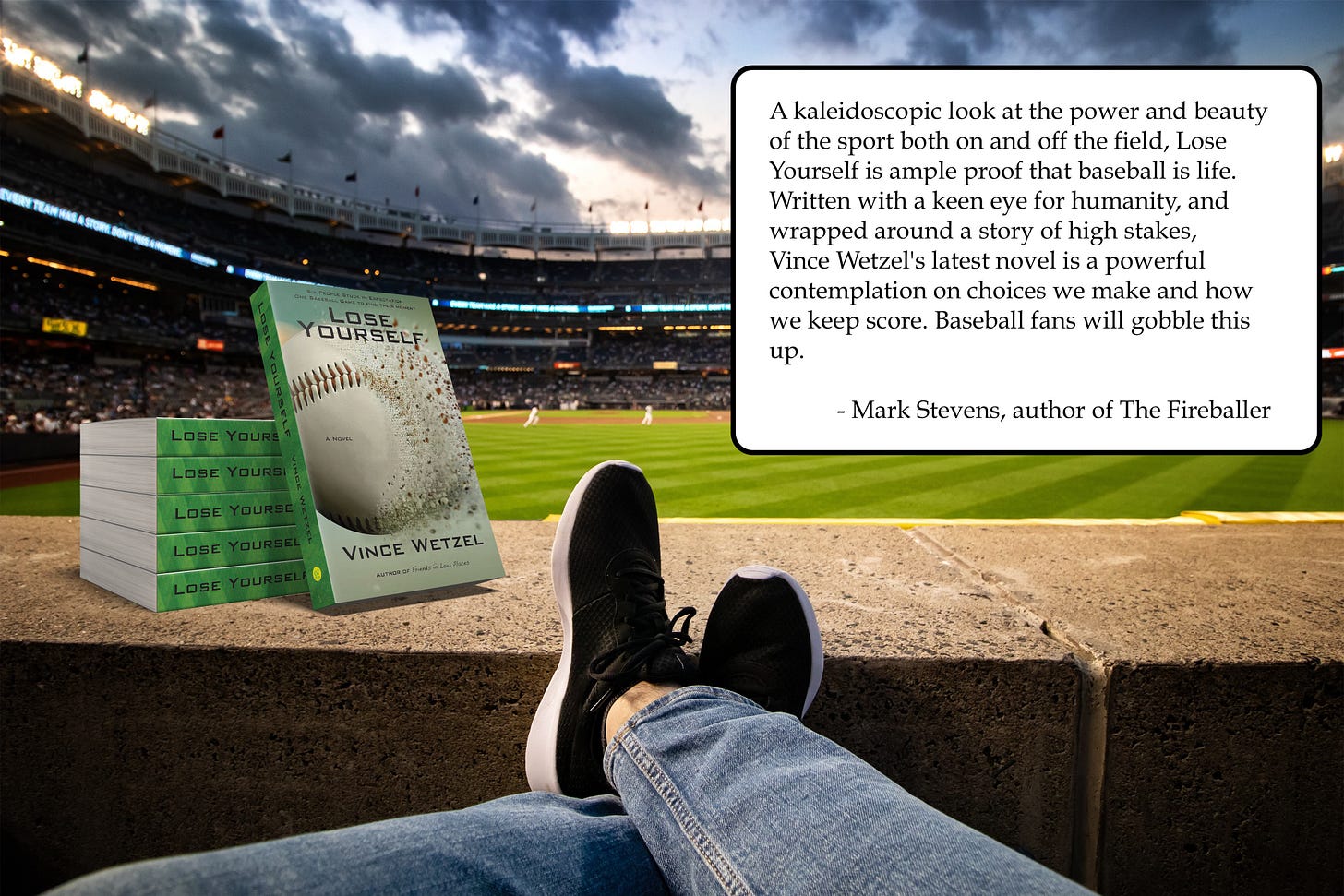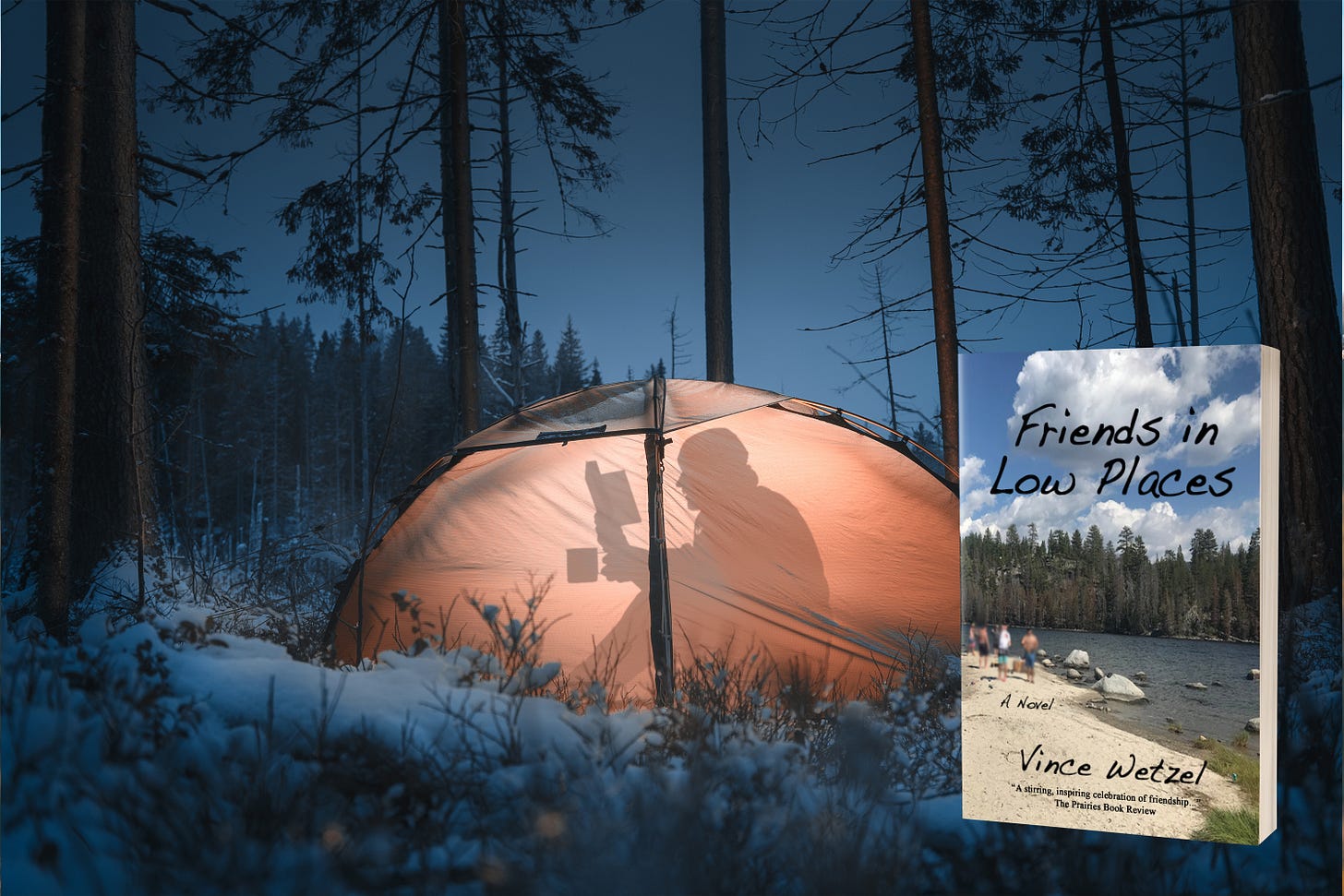Pride in the name of ...?
Fridge Philosophy looks at good and bad pride
Note: Since 2018, I have placed these short quotes on our refrigerator at home to provide subtle hints for successful, thoughtful, and purposeful practices in hopes my teens would internalize them. Along the way, I found them helpful in my own life.
When I see this quote by John C. Maxwell, I see parents at a soccer game or a school function. The players come off the field, have their orange slices and Caprisuns, and then the parents approach their children with a “Good job. You played hard today. I saw you enjoying yourself today.”
A parent in that moment is feeling proud. They know their child has demontrated productive qualities - teamwork, hard work, hustle, and maybe a little bit of talent. They can also feel self-pride. It’s an indicator that the parent is successful in instilling good values in the child.
That fine line can change in a moment. Instead of pride in oneself or the child’s accomplishment, the parent shifts that pride to share about the child with the parent’s friends. Framed in sharing about their child’s achievements, it soon becomes a bragging contest about which kid is accomplishing the most.
Even the humblest of us fall into the trap (me included). Our love has good intentions, and we’ve poured so much into our kids that their accomplishments become part of our identity (my thoughts on identity from a previous Fridge Philosophy here). We may be humble with our triumphs, but bringing up our kids is a different experience.
If they say, “Comparison is the thief of joy,” then comparison is also the rubicon between good pride and bad pride. Good pride leads to self-confidence and efficacy. Bad pride leads to arrogance.
Because of this duality, pride has been a complex trait to research. In some cases, pride is relegated to a second-tier emotion. Yet, research shows that pride is universally recognized - often with a slight smile and puffed chest - by children as young as four and bushmen in rural Africa.
On one end, pride is a person’s statement that they belong. It’s a recognition that one brings value to the table and should listen. But it can also bring arrogance. Indeed, participants were asked to place pride-related words into groups in a study about pride. Not surprisingly, the duality presented itself again. There was an achievement-oriented pride, or “I played well,” and a hubristic pride, “I played great.” (The Faces of Pride)
The implications are that achievement-oriented pride is a self-evaluation of the work it took to accomplish a task. There is a relationship to other factors - coworkers, teammates, circumstances - that accompany the work to achieve a goal. For the hubristic pride, the results are due to a superiority of self over circumstances.
Back to our soccer-parent example, we can feel pride in our child because we have seen the child work hard, persevere, and make the most of the opportunity. We have pride in that achievement. We also feel proud that we have had some role in helping that child achieve. However, when we feel pride because we think our child is the best on the field and we are the best parents, then we fall into that hubristic pride.
By utilizing humility and avoiding the comparison trap, we can keep pride and self-confidence from becoming arrogance.
Like Fridge Philosophies? Check out more in the Fridge Philosophy Section.
Side of Mustard: Still time to buy books as gifts
I wouldn’t be an indie author without pitching my books on this space. With less than two weeks until Christmas, both of my novels are available for purchase at reduced prices.
Lose Yourself is an award-winning novel about six characters in crisis trying to find their moments. Told against a backdrop of a singular baseball game, the reader follows these characters as they navigate different family dynamics, all converging with a seminole sporting moment.
"A nostalgic nod to the friendships we hold dear and the kinds of men we've always admired." Jonathan Starke, author of You've Got Something Coming
Friends in Low Places is the story of five friends on their camping trips over the course of two decades. Follow these lifelong buddies as they grow from teenagers just wanting to meet girls and drink beer to husbands and fathers trying to navigate the ups and downs of life. Friends In Low Places is a true celebration of friendships.
Both are available on Bookshop.org, Amazon, Apple Books, and more.





